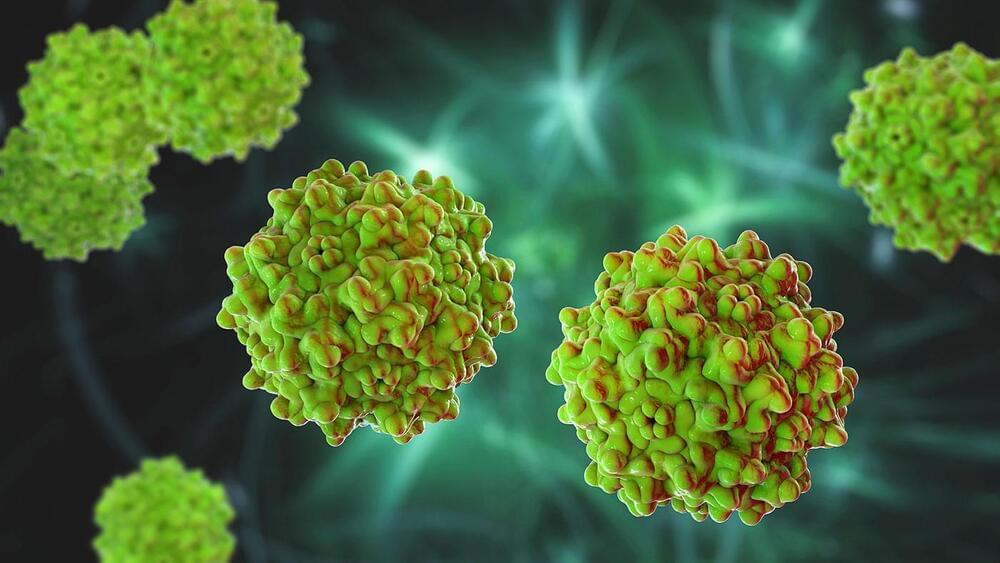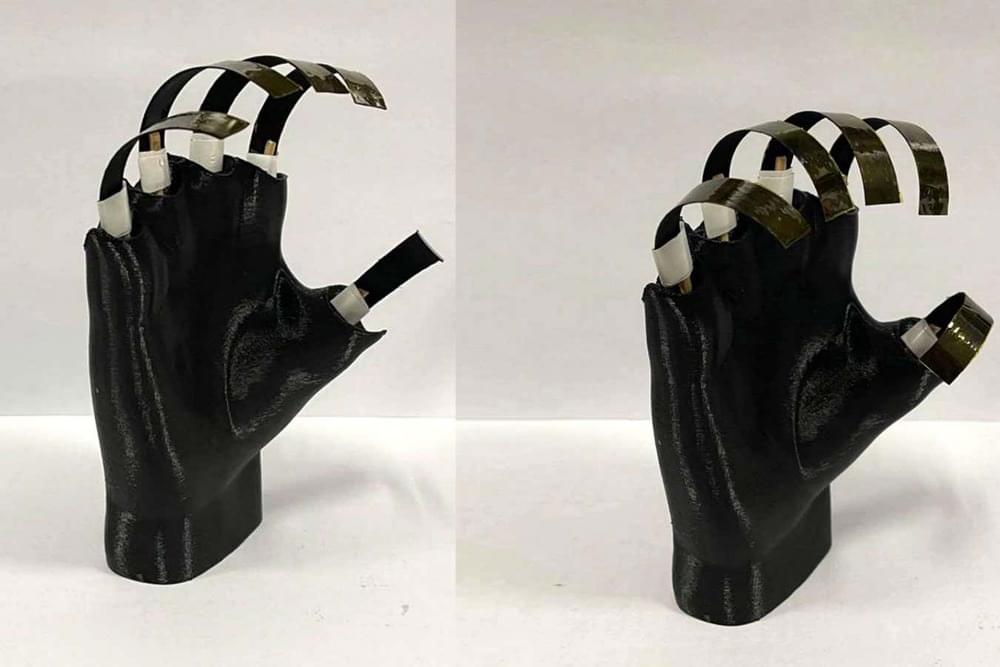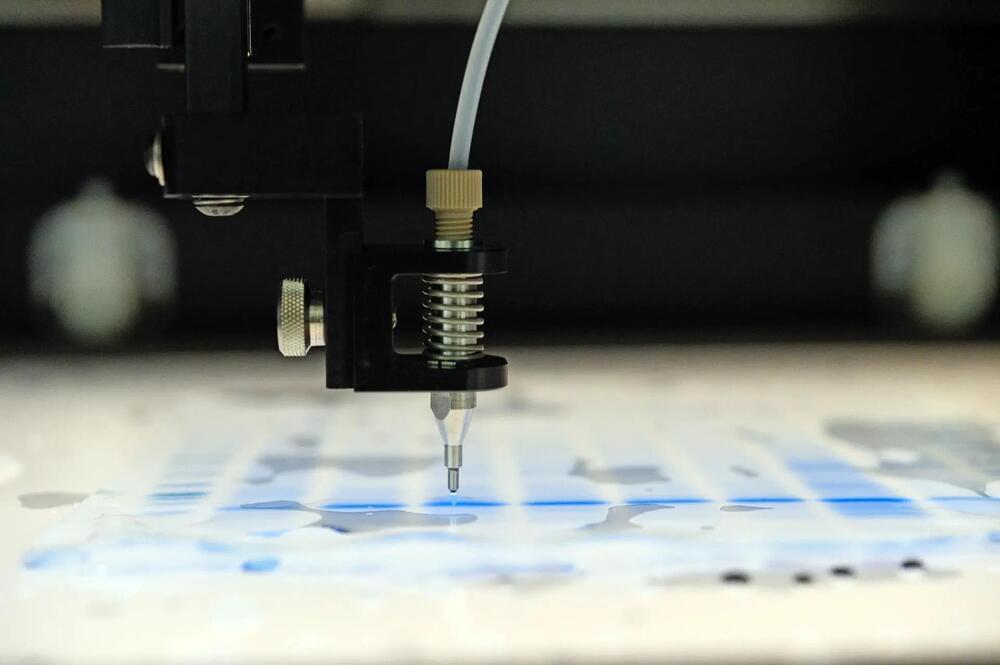A group led by Professor Ralf Rabus, a microbiologist at the University of Oldenburg, and his Ph.D. student Patrick Becker has made significant advancements in comprehending the cellular processes of a widespread environmental bacterium. The team conducted an extensive analysis of the entire metabolic network of the bacterial strain Aromatoleum aromaticum EbN1T and utilized the findings to construct a metabolic model that allows them to forecast the growth of these microbes in various environmental conditions.
According to their report in the journal mSystems, the researchers uncovered surprising mechanisms that enable the bacteria to adjust to fluctuating environmental conditions. These results are crucial for the study of ecosystems, where the Aromatoleum strain, as a representative of a significant group of environmental bacteria, can act as a model organism. The findings could also have implications for the cleanup of contaminated sites and biotechnological applications.
The studied bacterial strain specializes in the utilization of organic substances that are difficult to break down and is generally found in soil and in aquatic sediments. The microbes thrive in a variety of conditions including oxygen, low-oxygen, and oxygen-free layers, and are also extremely versatile in terms of nutrient intake. They metabolize more than 40 different organic compounds including highly stable, naturally occurring substances such as components of lignin, the main structural material found in wood, and long-lived pollutants and components of petroleum.









